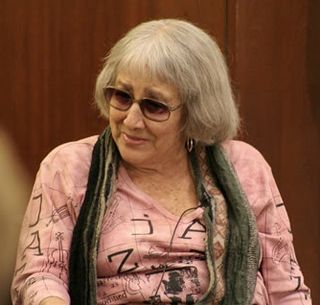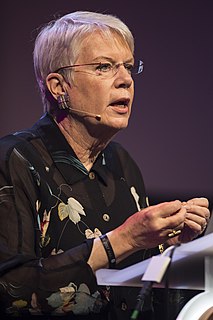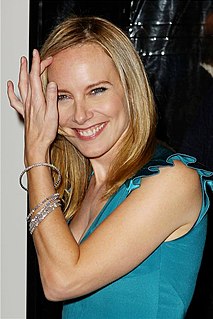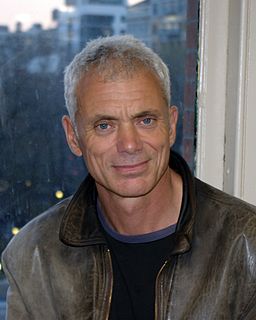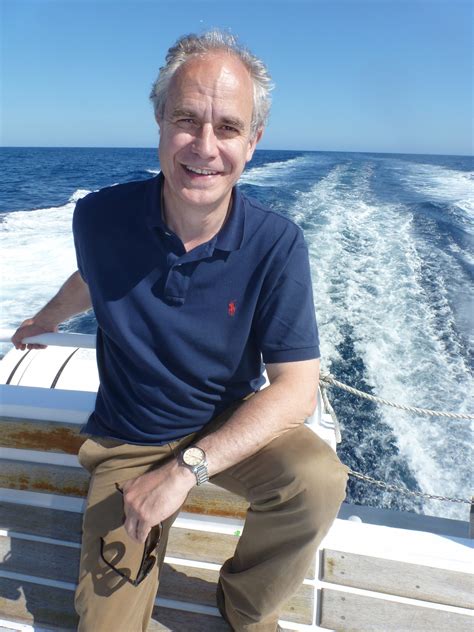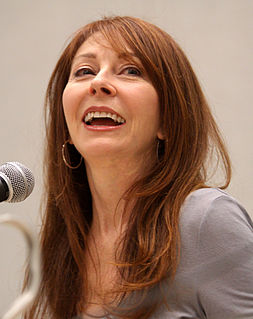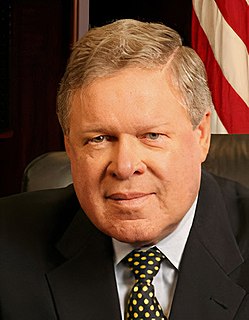A Quote by Eugenie Clark
I can't think of anything I regret. Everything I've done, I've enjoyed doing. I've had five husbands, four children. I've done it all, but mainly I've enjoyed studying fish and being underwater with them, being in their natural habitat, looking at the fish and the fish looking at me.
Related Quotes
The space that we're looking through is nine-dimensional. If you build a mathematical model, the amount of searching that we've done in 50 years is equivalent to scooping one 8-ounce glass out of the Earth's ocean, looking and seeing if you caught a fish. No, no fish in that glass? Well, I don't think you're going to conclude that there are no fish in the ocean. You just haven't searched very well yet. That's where we are.
I enjoyed learning something and, uh, so I think like with anything in life, in the schoolroom in an artistic endeavor, if you have just a really good teacher, it's inspiring. I certainly use, in my work, I mean, I used to rely heavily on imagery. I was obsessed with this photograph that was in the NY Times of a fish engulfing a smaller fish and this smaller fish had this look in its eyes; it knew what was about to happen and, I don't know how they ever captured such an image, but I've used that for a play I (did). It's called "Saved."
Now when Nile perch was introduced [into Lake Victoria], I don't think enough research was done; maybe it was done, maybe it was not. But Nile perch is a huge fish. So it ate all the little fish, and it grew into a monster which the local people could not fish with their little boats and their little nets.
Increasingly, we will be faced with a choice: whether to keep the oceans for wild fish or farmed fish. Farming domesticated species in close proximity with wild fish will mean that domesticated fish always win. Nobody in the world of policy appears to be asking what is best for society, wild fish or farmed fish. And what sort of farmed fish, anyway? Were this question to be asked, and answered honestly, we might find that our interests lay in prioritizing wild fish and making their ecosystems more productive by leaving them alone enough of the time.
[Vincent Price] had a fish recipe where he wrapped [the fish] in aluminum foil and put in these herbs. And then you put it in the dishwasher and then you wash your dishes, and when you're done, your fish is steamed and it's perfect. But he was very sophisticated as far as art and food and all of that went.
The facts are really not at all like fish on the fishmonger's slab. They are like fish swimming about in a vast and sometimes inaccessible ocean; and what the historian catches will depend, partly on chance, but mainly on what part of the ocean he chooses to fish in and what tackle he chooses to use - these two factors being, of course, determined by the kind of fish he wants to catch. By and large, the historian will get the kind of facts he wants. History means interpretation.
